Alexander Tyurin
Kazakh Kingdom of Sentsov
1
They quickly got up from the rest, like sparrows pecking crumbs — Nikita Kelarev suddenly pressed his protruding ear to the ground, listened for a while, and said in a dull voice:
— They're galloping from the hill, they'll be here soon.
I, as I was sitting, jumped up over the low burnt grass. And on the ridge between the trees, a dozen or so dark spots were already flickering. That’s Zegers with the internationalist detachment named after Parvus. And I was hoping that after crossing the river we would gain a day to dissolve into the mountains. I even hoped—he wouldn’t dare to approach the Afghan shore.
— Nikita, take off the reins. Don’t load the gray one, he’s already limping poor thing. Let’s head to the Kyzylbash gorge.
And here the mountain road winds again under me, and the gusty wind howls as it rushes into my ears. I was positioned in the middle of the line. Ahead, Kelarev and Ilovaisky were galloping, closing the line were Panteleev and Captain Suzdaltsev on a snoring stallion. But that elder we met after crossing the Pyanj betrayed us. Kelarev suggested immediately crossing him with a saber, but I hesitated, the old man had frozen completely like a stone "baba." Sentimentality, it seems, doesn’t help.
You can’t let the internationalists come closer than half a verst, otherwise, they’ll pick us off with rifles; their ammunition is ten times more than ours. We had already scouted the paths through the Kyzylbash gorge in advance, we’ll pass through quickly while Zegers and his Latvians and Estonians will be struggling with the cliffs. But can we get away from the pursuers before we reach the gorge? Although we rested since noon, the enemy’s horses are fresher. Our horses, from the very Irgiz, have their hides rubbed almost to the blood under the saddles.
The road beneath the hooves twists like a roller, and I feel as though I am frozen in one spot, right in the middle of the universe. But then the first shot boomed, and a chill ran down my back.
— We need to split up, Vashbrod, — shouted Sergeant Major Panteleev.
The horses switched to a walk, letting them cool off. We traveled through the pass between the rocks for about an hour, a winding and long stretch like a ram’s intestine, nearly dozing off, when suddenly our court madman Suzdaltsev stirred and waved his hand forward.
— There THEY are.
— I don’t see anyone, Captain, — I reported politely.
— There they are, Captain. The black horses, dark and majestic, stepping on long, almost reed-like legs, their heads small, difficult to fit in; the riders are pale green, covered in cobwebs, which binds them all together, and above the warriors, a tailed figure flies.
It’s hard when a comrade has lost his mind, and proving it to him is impossible... And indeed, the sound of hooves became clearer.
— Everyone dismount. Captain, find a niche between the rocks, take the horses there and rub them with grass to keep them from catching a cold. Kelarev, go up the slope, take position for firing, and keep an eye on that turn. I trust your judgment.
We swiftly scrambled up the crumbling rocks, then hid behind some larger boulders: Kelarev was a few yards above me. Barely had we hidden when a cavalry squad clattered past. Not the Latvian internationalists, but the Mohammedans with hennaed beards and dark eyes. As usual, the most important ones were at the front, trying to impress. Their garments were brocade, turbans white; horse gear, scabbards, and saber hilts were all ornamented. They glittered so brightly in the sun that it hurt the eyes. Behind them came less important people, but still a sight to behold: small round shields, large curved sabers, and even steel breastplates adorned with niello and grain. The English carbines were not forgotten either. These were probably the Badakhshan Afghans.
— Vashbrod, I think I’ve found a crevice, or maybe a real passage, — hissed Kelarev, — maybe we should slip through?
— And leave the captain to be eaten by them? You scoundrel.
— I’m sorry, Your Nobility, I thought that the madman would be of no use to us, but after your words, I immediately realized I was wrong.
— Don’t think, or you’ll make too many mistakes.
Kuinka tekoäly oppii ja käsittelee kieltä: Tieto, ennustaminen ja haasteet
Miten presidentti voi käyttää sodan ja ydinaseiden valtaa?
Syrian hamsterin sairauksien ja elintoimintojen häiriöt: Patologisten löydösten tarkastelu
Geometrinen Taylorin lause ja sen sovellukset G-laskennassa
Kuinka auttaa lasta hyödyntämään täysillä peruskoulun "siirtymävaiheen" mahdollisuudet?
Selvitys koulun opetussuunnitelmasta MKOY 2. peruskoulu, Makaryeva 2018-2019 lukuvuosi
Työaikataulu MBOU "Keskikoulu nro 19, joka tarjoaa syventävää opetusta tietyissä aineissa" ulkomaalaisten kansalaisten (Ukrainan kansalaiset) vastaanottaminen ilmoittautumista varten kokeeseen
Venäjän merikansan historia: Donin kasakoiden merelliset juuret

 Deutsch
Deutsch
 Francais
Francais
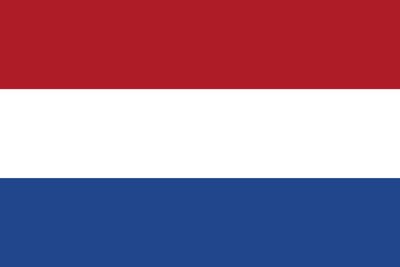 Nederlands
Nederlands
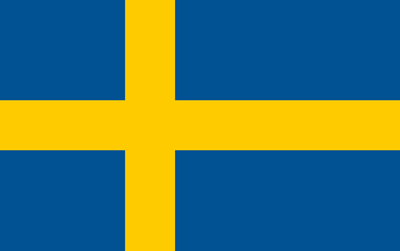 Svenska
Svenska
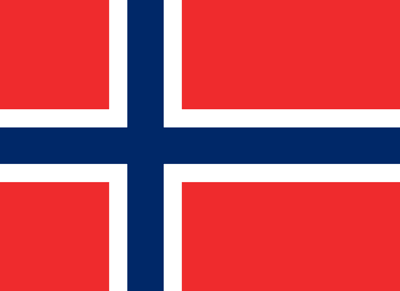 Norsk
Norsk
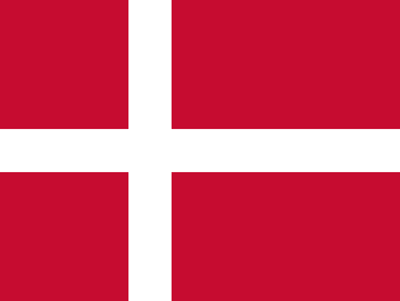 Dansk
Dansk
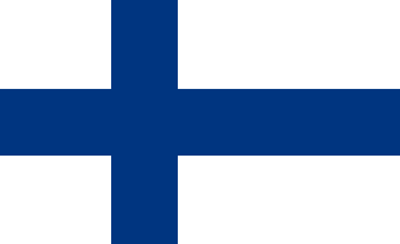 Suomi
Suomi
 Espanol
Espanol
 Italiano
Italiano
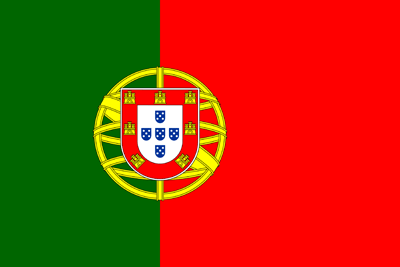 Portugues
Portugues
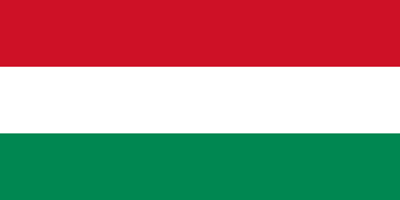 Magyar
Magyar
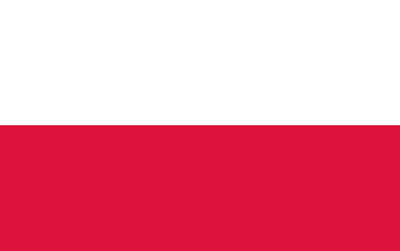 Polski
Polski
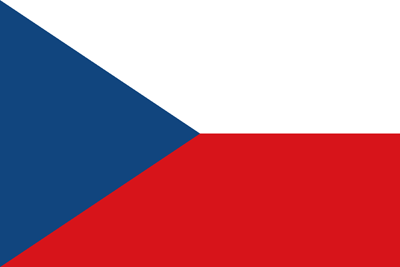 Cestina
Cestina
 Русский
Русский